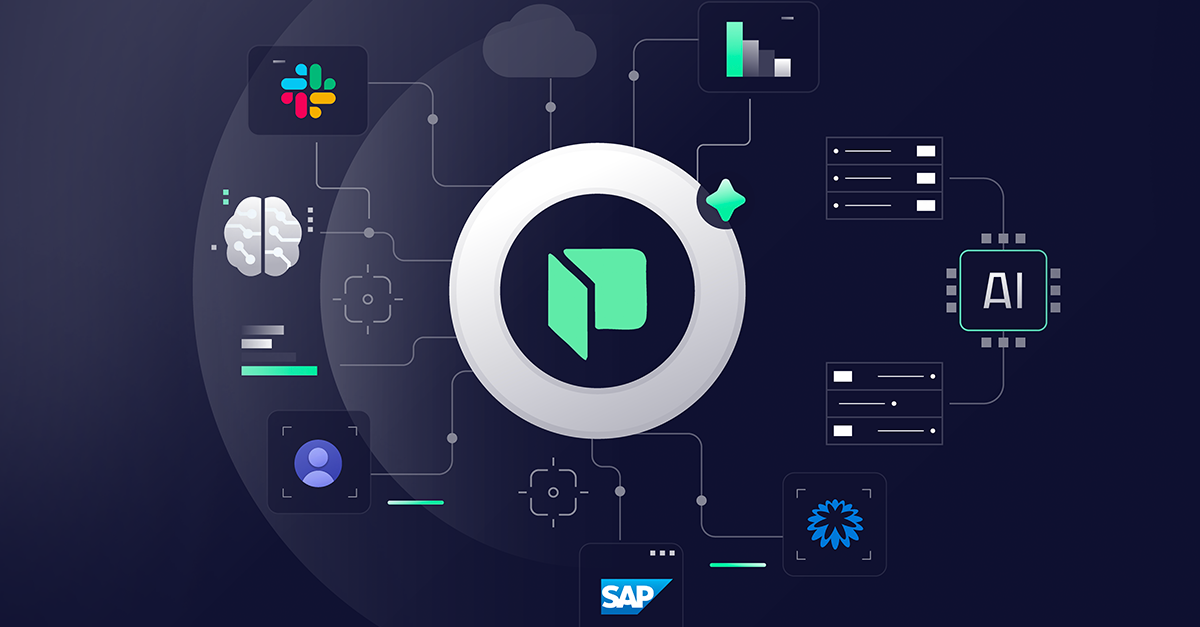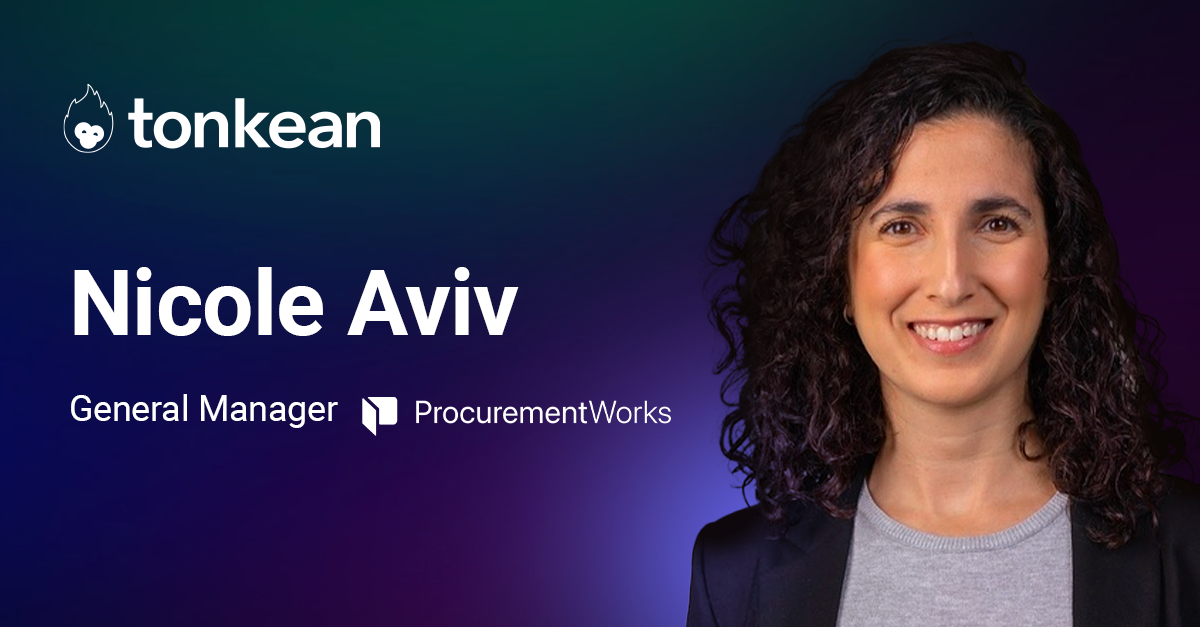
Imagine you're a lawyer working inside a large company.
You receive emails all the time from Sales and Marketing asking you to do things like review third party mutual nondisclosure agreements (MNDAs), proposals, contracts, brand partnerships, and the like.
You could go through each MNDA, proposal, and contract totally manually—to parse the relevant value fields like the terms, the address, the governing law, and to detect any anomalies manually—or you can use AI, via a process experience platform like Tonkean, to automate and create workflows based on the values.
Here's how.
The new AI tools—like GPT-4—that have recently hit the market are every bit as powerful you're hearing. They're like a new kind of energy source.
The challenge for people who are not highly trained developers, however, is to find a way to harness that energy.
That's where building something like ChatGPT into your day-to-day legal processes necessarily starts.
The easiest and perhaps only scalable way is to find a platform or tool that can provide you the structure you need to go about this harnessing business on your own.
Here's how you can do that with a process experience platform like Tonkean:
See it in action:
Rinse and repeat.
Here’s another little piece of magic: Because GPT gets things wrong sometimes, you can edit the data that it surfaces, all inside of your Tonkean workspace. It’s super simple to do, and when you edit a value, GPT “learns” so that it’s less likely to make that same mistake again.
Then, you can get going on kicking off your workflows.
This is just one example of how you can build AI and GPT into your every-day legal processes.
But the lesson here is important. When it comes to generative AI, like GPT, it's crucial to remember that their capacity for disruption—in particular for internal service organizations, like legal—depends entirely on our ability to integrate them strategically into your daily processes.
Currently, legal ops teams burn 4-6 hours per day handling unplanned legal requests. Those are hours AI can give you back, if you use it correctly.
Tonkean’s LegalGPT, for example, fully automates the triaging of all incoming legal requests. It classifies the appropriate legal discipline and category of the request; identifies the level of urgency, potential impact, and relative risk; and—to help avoid costly mistakes—auto-escalates requests to a human if needed.
Such an ability goes beyond helping legal teams save more of their own time. At least 67% of employees routinely skip legal policies today. The true potential of technology like AI and no-code automation for legal teams today is to help them get that number closer to 0% by giving you the ability to build processes that are both far easier for you to manage and exponentially easier for employees on the other side to follow. (Learn more about how Tonkean makes that so easy here.)
Try Tonkean for yourself with a free trial! For more, check out our LegalWorks product offerings. Get more insights and information about operations, no-code, and generative AI tools from our newsletter, LinkedIn, and Twitter.

